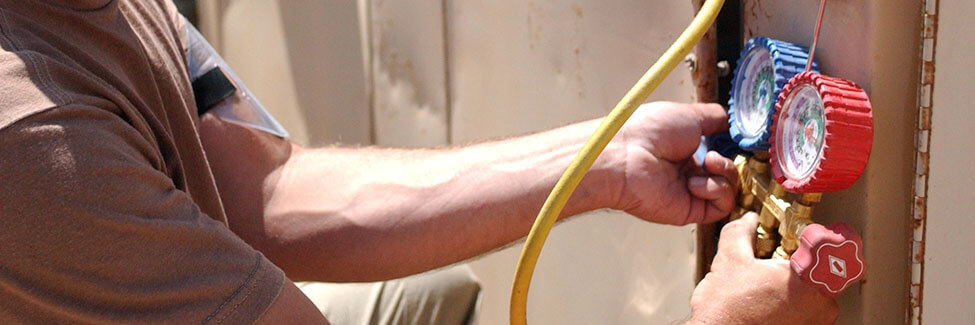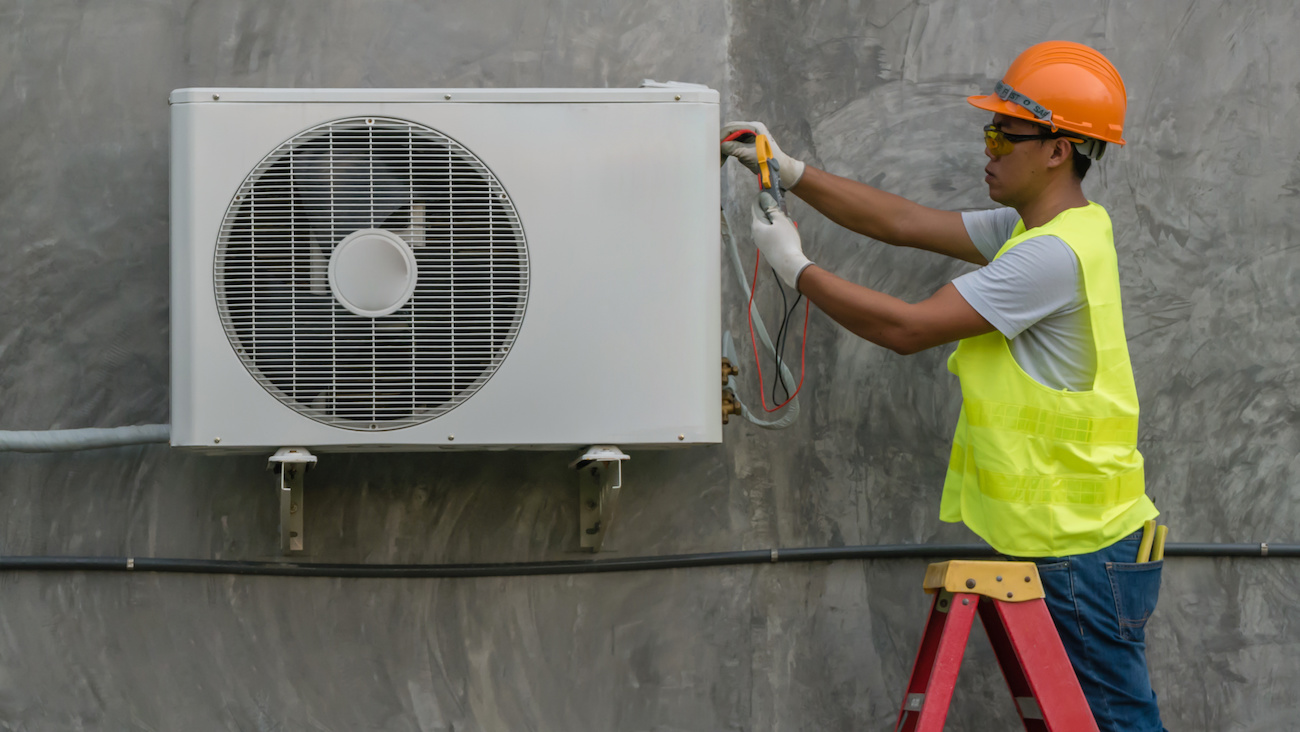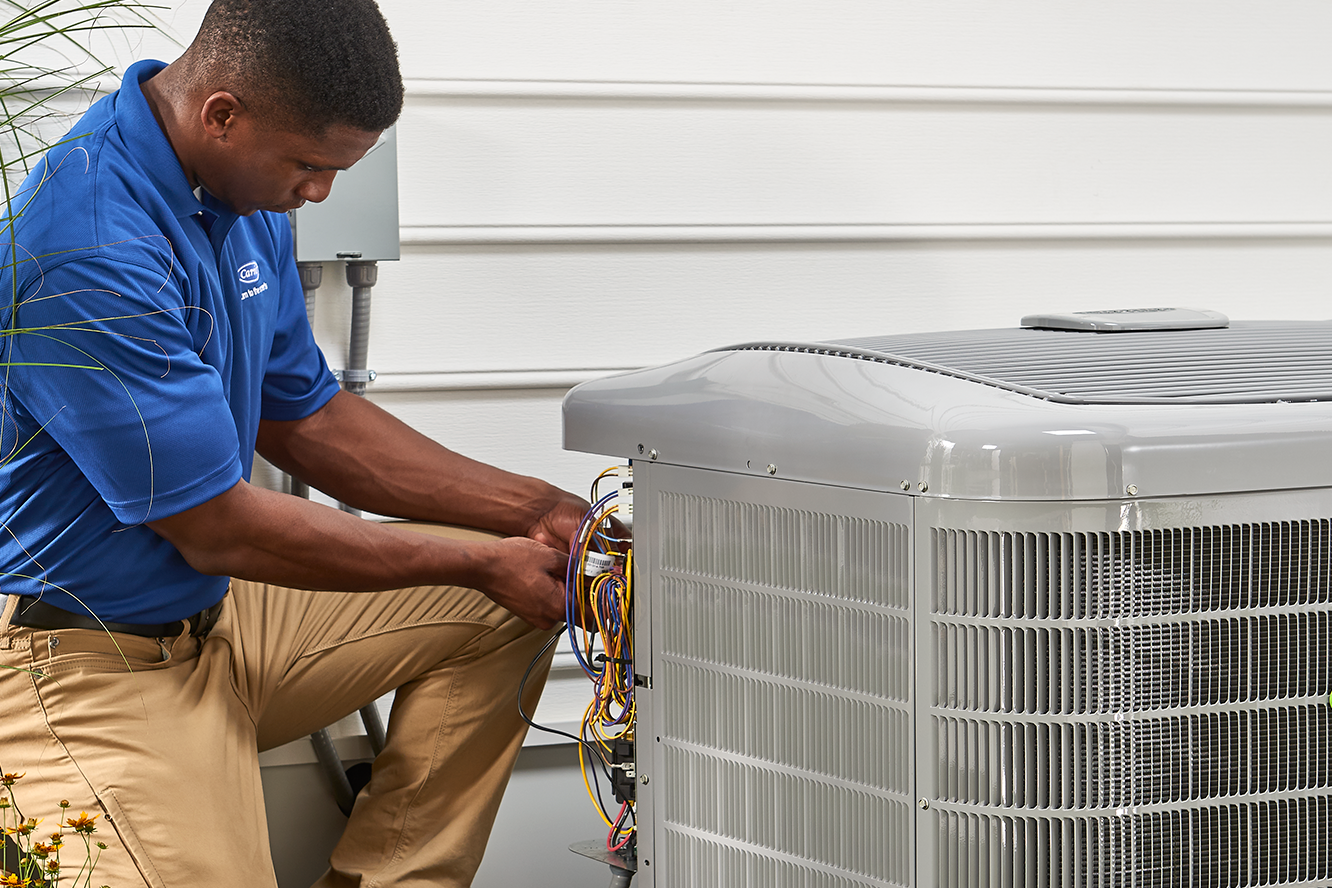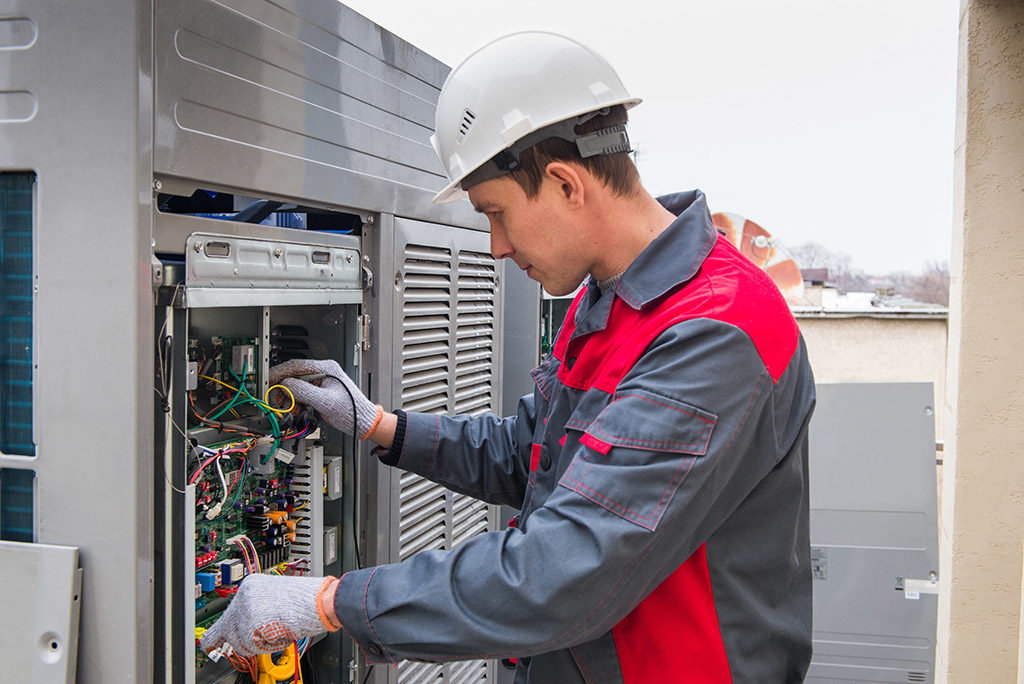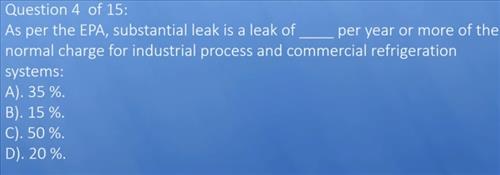The need for heating and cooling is not going away anytime soon. That means the need for technicians who can install and maintain these units isn’t going anywhere either.
There is an ongoing need for HVAC techs ranging from entry level to masters in every state. This can be a great opportunity if you are looking for a new career. In order to enter this field, you will need certain certifications and training which varies from state to state.
So how do you get started? Keep reading to learn more.
What is an HVAC Certification and How to Get an HVAC Certification?
HVAC certification means that a person has the required skills for heating, ventilation, and air conditioning tasks. The certification makes your skills endorsed by respective authorities. This improves both your chances of landing a high paying job and gaining the trust of employers.
Getting an HVAC certification is no hard feat if you get the right training. The procedure varies for different states, but there are written tests and a practical assessment in most states. There is an optional government-regulated certification under the Code of Federal Regulations Section 608 of the Clean Air Act.
HVAC License Requirements
License requirements vary from state to state, but there are some general criteria that apply everywhere. The general requirements that you have to fulfill for licensure include:
US Citizenship
The foremost requirement to be an HVAC technician in all states is to have US citizenship. The minimum age for licensure is 18 years.
High School Diploma
A high school diploma is also a necessity as you will need it for your HVAC training. A diploma in mechanics, electronics, or other related subjects is preferred as it helps understand the basics of equipment better.
HVAC Curricular Program
You have to complete an accredited HVAC program as well. These programs generally take six months to two years for the completion of coursework. It lays the foundation for an entry-level job in companies that offer employee training as well.
Professional Training
Professional training falls into two categories: employee training or apprenticeship with a registered HVAC professional. It typically extends over three to five years, depending on the nature of authorities training you.
Examination
Lastly, there is an exam to assess your knowledge of professional heating, ventilation, and air conditioning. There can be a practical assessment of your skills as well. But, the practical is not a necessity in all states.
Comparison Overview
There are multiple forms of registration and certification that the HVAC industry requires. All of them serve the primary purpose of endorsing your skills, but they have different levels of credibility. Let’s have a look at the comparison overview of the most commonly used types of certification and licensure.
HVAC Certification vs License
Both HVAC certification and license are meant to increase your chances of getting a good job. They are both part of the training and registration of HVAC experts.
However, a license comes at the very end of HVAC training, and certification comes prior to that. Once you have completed a program, you will get its certification. But, you need to take state=regulated tests in order to obtain a license.
EPA Certification vs HVAC Certification
EPA and HVAC certifications are quite widely chosen in the industry. Both are means of getting you trained for work in the HVAC domain of construction work. You have to deal with appliances that regulate the temperature and overall atmosphere of the buildings.
EPA certification equips HVAC experts to work with refrigerators and freezers. It enables you to deal with refrigerants in chillers and freezers safely. This is something that an HVAC certification does not train you for.
HVAC Certification Types
The HVAC industry has a broad horizon of jobs and required skills. This is why there is a wide variety of certifications that HVAC trainees can opt for. The two most commonly sought-after types of HVAC certification are:

EPA Certification
EPA certification is required for people who want to work with high or low-pressure refrigerant material. Refrigerants are hazardous, so they need careful treatment. There are four types of EPA certification, depending on the kind of appliances that you get to work with.
NATE Certification
NATE or North American Technician Excellence certification is the ultimate skill endorsement in the HVAC industry. You do not need any particular courses for this as HVAC professionals usually take it. Other certifications are valid for particular states, but NATE is accepted nationwide.
What Are the Different Levels of HVAC Certification?
There are two major levels of HVAC certification that are acknowledged in most states.
Professional Level
The professional level HVAC Excellence Certification ensures that an individual has had a minimum of two years of experience in the field. This is the work experience that most companies demand.
Master Specialist Level
The next level of HVAC Excellence Certification is the master specialist level. You need to have a work experience of three years in addition to the completion of an accredited course.
Types of EPA Certification HVAC
EPA certification is a major training in the HVAC field as it enables technicians to deal with refrigerants. Here are the four types of EPA certification that you can go for.
Type I
You are trained to deal with small appliances like vending machines and window air conditioners in Type I certification.
Type II
The Type II certification equips you to work with high-pressure refrigerant appliances. They include commercial refrigerators and heat pumps.
Type III
This one enables you to install, repair, and dispose of the appliances containing low-pressure refrigerant.
Universal
Universal EPA certification is an approval of your ability to work with all kinds of refrigerants.
Job Outlook and Salary for HVAC Technicians
Technicians in the heating, ventilation, and air conditioning industry get satisfactory payment generally. Here are the average salaries for workers at different levels of skills.
Entry Level
Entry-level HVAC experts make around $15.19 per hour. This can vary across different states, but that is the general average in most states.
Mid-Level
Mid-level professionals who have worked in the industry for five years earn an average of $22.58 an hour.
Master-Level
Master-level HVAC technicians are the ones who have worked in the field for over ten years. They enjoy an hourly rate of $25.36 on average.
What is the Demand For HVAC Technicians?
The demand for HVAC technicians keeps on increasing with the rapid increase in the construction of buildings. Even already existing buildings now need HVAC experts to upgrade their atmosphere controls. So, the job prospects for HVAC trainees and experts are quite promising. An increase of four percent is expected in demand for HVAC technicians till 2029.
People Also Ask
HVAC jobs are quite attractive because of the career growth opportunities they offer. This makes people curious about several dimensions of HVAC certification and fieldwork. So, we have answered the most frequently asked questions to clear your confusion.
How Long to Get HVAC Certification?
It takes six months to two years for you to complete your HVAC certification. But, the training can extend to a period of five years as it involves fieldwork and apprenticeship.
How Much Does HVAC Certification Cost?
The cost of HVAC certification varies, depending on the time you spend completing your degree program. Generally, you have to pay $1,200 to $15,000 for a program that lasts from six to 12 months. If you include an apprenticeship in it, you have to pay an additional fee of $500-$2,000.
What is NATE Certification in HVAC?
North American Technician Excellence or NATE certification is a nationally accepted certification. It is a widely acknowledged certification as it endorses all of the required skills for HVAC work.
How Much Does It Cost to Get a NATE Certification in HVAC?
A NATE certification costs $50 as this is the amount required to be paid for examination. People who go for NATE certification are already trained for HVAC work; thus, they do not need any extra training for this. So, they are not required to pay for any training or courses.
How to Get HVAC NATE Certification
Getting an HVAC NATE certification is fairly easy if you have the right skills. You have to have a work experience of two years. Then you have to take a core exam and a practical exam to get NATE-certified.
Can I Take the EPA Test Online?
Yes, you can take the EPA Type I test online. The Type I exam is open-book, so there is no problem when it comes to appearing online for EPA testing. But, you have to take others in person.
How to Get EPA Certification for HVAC
To get an EPA certification for HVAC, you need to take EPA tests. These have to be administered and checked by an EPA-registered body.
What is EPA Certification For HVAC?
The EPA certification for HVAC means that the person having this can deal with appliances with refrigerants. Refrigerants are hazardous, so untrained people are not allowed to work with them.
What Can I Do With an HVAC Certification?
You can apply for many jobs in the construction and HVAC industry with this certification. You are well-equipped to install and repair appliances used for heating, ventilation, and air conditioning.
Where Can I Find HVAC Certification Laws?
You can find HVAC certification laws online by entering your zip code and the name of your state. These laws are different across the states, so you have to look for state-specific laws.
How Hard is the HVAC Certification Test?
The HVAC certification test is not too difficult if you have read the course content thoroughly. You should also practice all the techniques that you learn so that you can clear the test easily.
HVAC Licenses By State
Here are all our guides on HVAC licenses by state:

